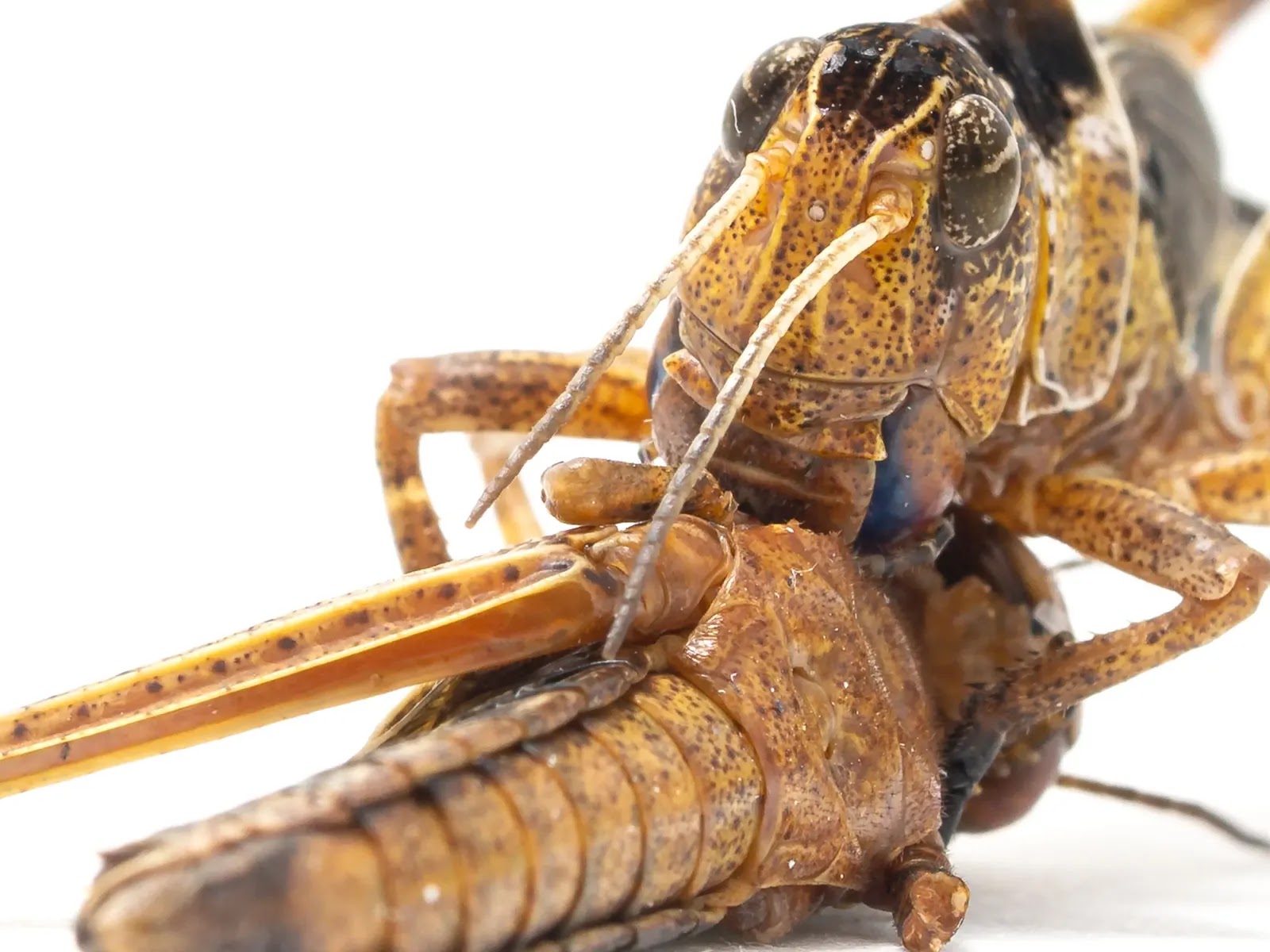Introduction:
Cannibalism, which is the act of eating the same species, is a common phenomenon in the animal kingdom. It occurs for various reasons, including hunger, population control, and competition for resources. Recently, researchers have been studying the behavior of locusts, which have been known to engage in cannibalism. Their findings have shed light on how locusts are able to control their population and how this information can be applied to human eating behaviors.
Locust Cannibalism and its Benefits:
Locusts are known for their ability to swarm and consume everything in their path, leading to devastating consequences for farmers and communities. However, recent studies have shown that cannibalism among locusts can actually have a positive impact on their population control. When food becomes scarce, locusts turn to cannibalism as a means of survival. This behavior enables the fittest individuals to survive and reproduce, resulting in a stronger and more resilient population.
Also Read:- Lanzante 930 TAG Turbo: The Road-Legal F1 Engine
- Gmail's Increased Advertisements in Between Emails: Annoying or Acceptable?
The Chemical Signals behind Locust Cannibalism:
Researchers have discovered that chemical signals play a significant role in locust cannibalism. When a locust is killed and eaten, it releases a chemical signal that warns other locusts to stay away. This chemical signal acts as a deterrent and helps to prevent further cannibalism. However, when food becomes scarce, the production of this chemical signal decreases, allowing cannibalism to occur more frequently.
Implications for Human Eating Behaviors:
The research on locust cannibalism has raised questions about how this behavior might apply to humans. Studies have shown that humans can easily be tricked into overeating, just like locusts. For example, when presented with large portion sizes, humans tend to eat more than they need. This behavior is driven by the desire to consume as much as possible, similar to the behavior of locusts during a swarm.
Low-Protein Diets and Overeating:
Another study has suggested that low-protein diets may be a contributing factor to overeating. When individuals consume a low-protein diet, their bodies crave more food in order to meet their nutritional needs. This can lead to overeating and weight gain. This finding has significant implications for people who are trying to lose weight or maintain a healthy diet.
The study of locust cannibalism has revealed fascinating insights into the behavior of these insects and the chemical signals that regulate their cannibalistic tendencies. Moreover, these findings have implications for human eating behaviors and the way we think about food. By understanding the science behind locust cannibalism, we can learn how to control our own eating behaviors and make healthier choices.
Read More:- The Fungi that Can Revolutionize Plastic Waste Management
- League of Legends' Ivern Midscope Update: A Controversial Change
That's it for this article.
Thanks for Visiting Us – Fixyanet.com



0 Comments